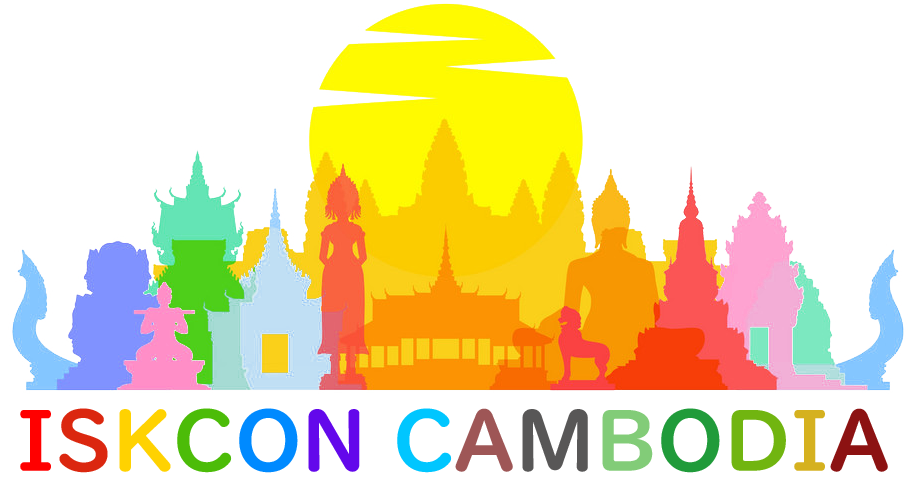The following three books related to varnasrama dharma and traditional education will soon be released by HH Bhakti Raghava Swami Maharaja:

Varnasrama Education – In Support of Traditional Education

Implementing Varnasrama – GLOVESCO Reference Guide

Traditional Education – Selected Interviews
EXCERPT FROM THE AUTHOR’S PREFACE:
1. Varnasrama Education – In Support of Traditional Education
Unless we understand the essence of what education is, and the basics of what makes for an ideal society (varnasrama), any attempt to develop effective and meaningful educational systems will fail. Likewise, our endeavors for a peaceful and harmonized society will also prove to no avail. It is of crucial and paramount importance to understand the intimate working relationships between education and society, not only in the early years of one’s formation, but indeed throughout one’s entire life.
2. Implementing Varnasrama – GLOVESCO Reference Guide
The organization GLOVESCO sees itself as a specialized and supportive extension of the ISKCON society in the matter of varnasrama development and aims at bringing about a desperately needed overhaul in society, i.e. from urban based to agrarian based. The same information which is found on the varnasrama website, www.varnasrama.org, is being presented herein to the readers for easy reference and understanding.
In wanting to ensure the continuity of the society he established, ISKCON, Srila Prabhupada stressed two important features, planning (vision) and organization (mission). If we closely scrutinize these two terms, we can easily decipher how they refer respectively to the duties of both the intellectual class in society (brahmanas who develop the vision) and the administrative class (kshatriyas who execute the mission).
3. Traditional Education – Selected Interviews
Traditional education is practically a thing of the past, something most of us have never even seen, what to speak of having lived or experienced such a life-style. We are generally totally ignorant of what it may be or what it might have been. Whatever little we have heard about traditional education has often left us with negative impressions and reservations about it, as we were likely exposed to the so called short-comings and even “backwardness” of such an educational system.
The irony is that, traditionally speaking, what is classified today as “Education Outside of School” (non-formal education) was previously the “only” education taught in school settings such as gurukula or pondok pesantren and that was considered then as “formal education”. All other education was “outside of school” through the equivalent of what we call today “vocational training” and “apprenticeship” (non-formal education). We have basically done a full somersault here, accepting today what is non-formal education as formal and what is formal education as non-formal. Today’s science and technology promote studies and research which deal primarily with advancement of vocational trades (computer and other machine oriented technology), and give less importance to the academic fields of philosophy and humanities. How has this come about and what kind of results can we expect?


Recent Comments